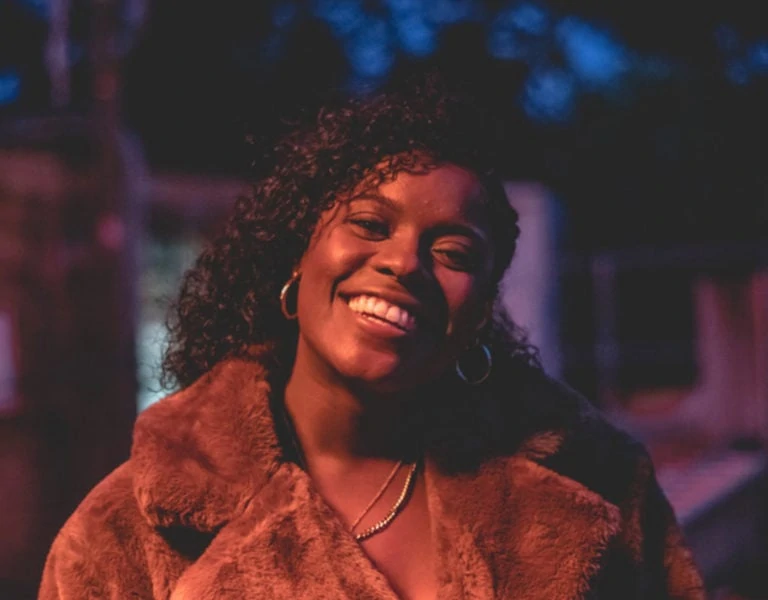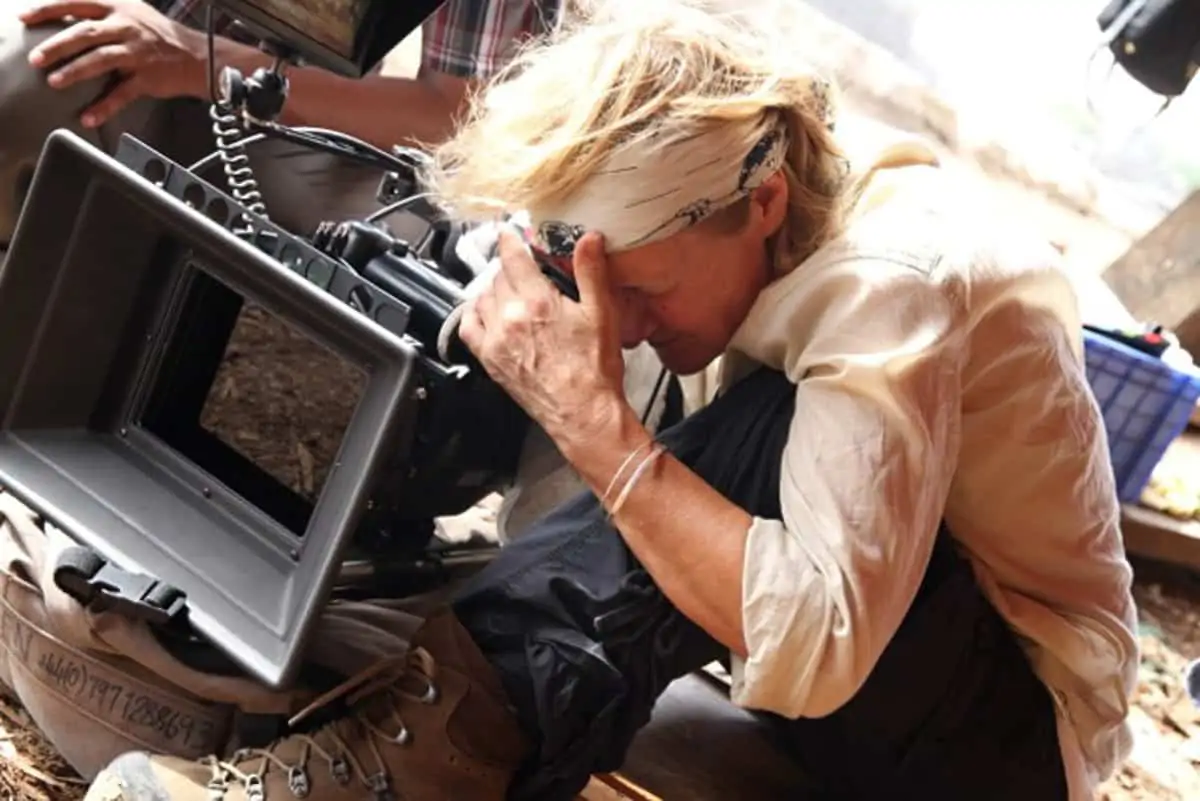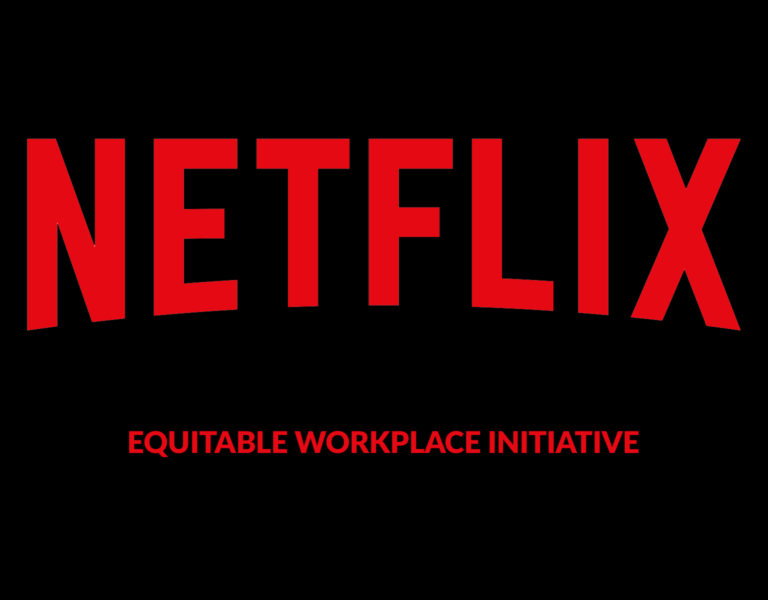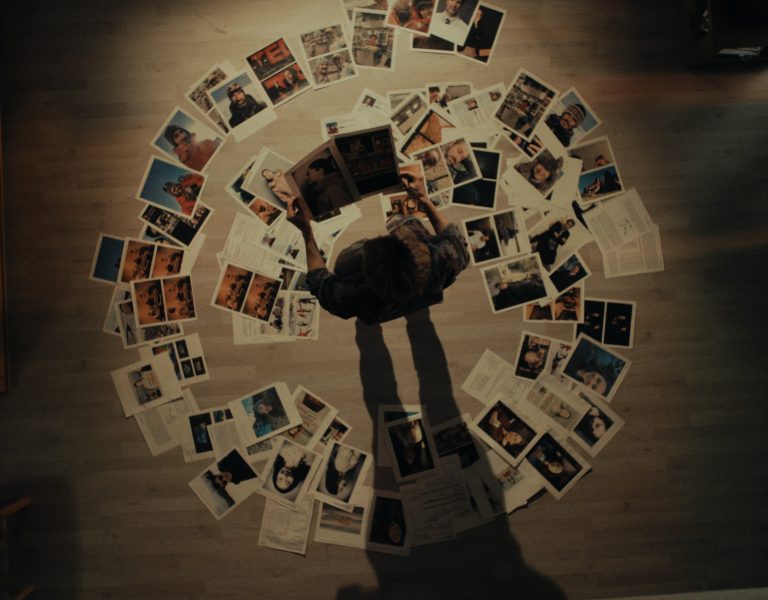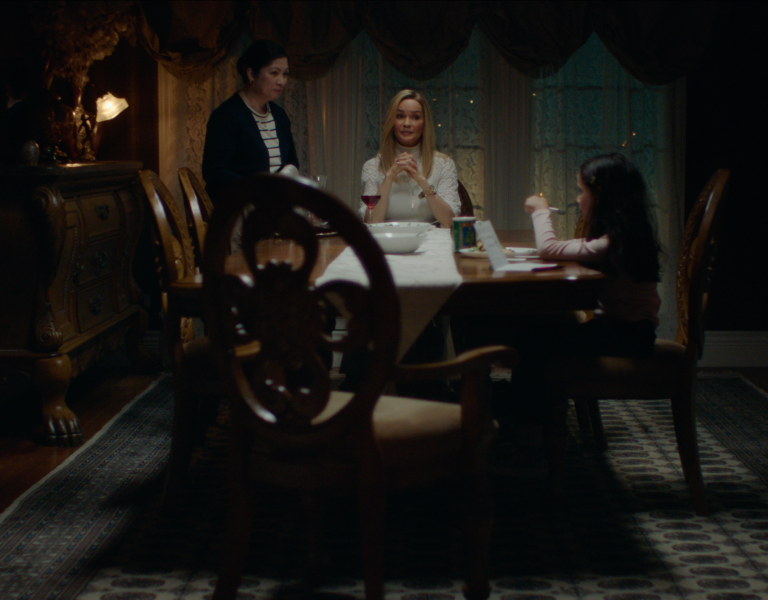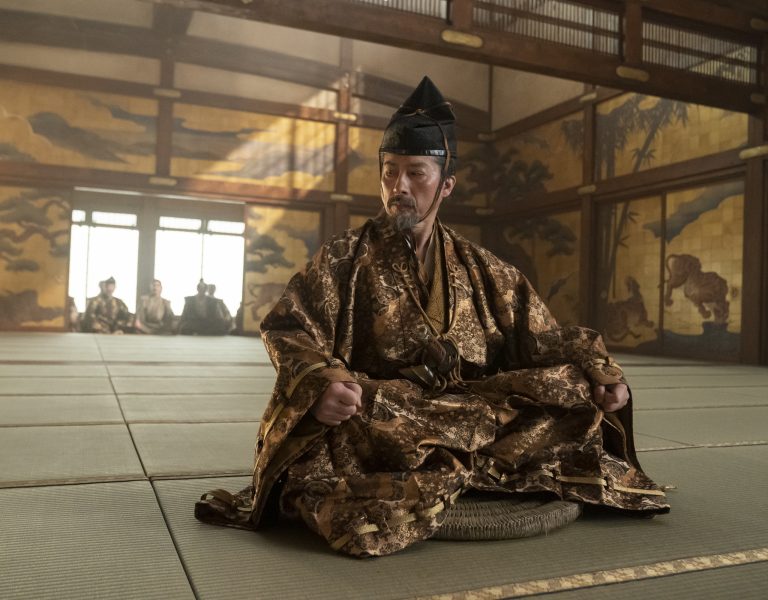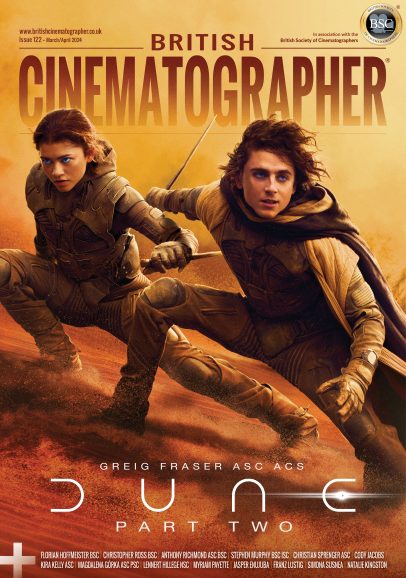In the fourth chapter in RA Agency’s series of articles they shine a light on the importance of encouraging diversity, equality, and inclusion in the film and TV industry.
I have referenced before in past articles ‘Diversity Solutions’: the importance of transparent of deals:
First, is TRANSPARENCY; this is the key. We need more transparency when it comes to rates and deals, but also the interviewing processes. This is essential so that we can make sure it is fair for all from the get-go and to ensure productions broaden their interview opportunities beyond the usual favorites. Micheala Cole set a great example when she shared her experiences and deals (watch the video here). In terms of pay, why wait for some damning information and statistics to come out before taking action? For example, those that related to presenters’ pay gap and #Publishingpaidme created an opportunity for authors to share advances to expose racial disparities. It has been widely reported that there is £3.2bn UK pay gap for black, Asian and ethnic minority workers across all industries. If it is happening everywhere, then it will be happening here within the TV and film industry. It is also evident that 78% of production companies in the UK pay men on average more than they pay women. It appears more so for freelancers as this area is still unregulated.’
Being transparent is a solid precaution that allows us all to avoid any unnecessary embarrassment further down the line. For example, women presently only represent a very small percentage of the camera and sound crew, with a representation of below 10%. It’s only when the representation is higher that we can do a fair survey on pay and accurately assess the results. Productions do not have to pay union rates (as a minimum, they do increase in regards of experience), but it is a choice, and it’s a choice they ought to be making. It’s our company policy to always get as close/or actually higher than the recommended BECTU rates, not only because it is the right thing to do for anyone, but it also protects all parties from any potential embarrassment.
Here’s a quote from BECTU: “The reason we are particularly focused on this is that, as a union, we know that productions may believe that they are doing something progressive (i.e. ensuring that women/BAME get a larger share of the work) but they are actually accidentally and inadvertently doing more harm than good when they only offer this work significantly below industry norms.”
There is nothing more disappointing for us as an agency than to turn down a bad deal and later hear that the same deal has been improved upon and offered to someone else, who just happens to be male. We feel that when their ‘cheap deal’ doesn’t fly with us, they return to their ‘go to’ guys. This can be very frustrating, as well as wrong. It is also damaging people’s self-esteem and self-worth.
Diversity cannot be seen as a cheaper option. The way forward to make sure that people are treated and paid equally is to be more transparent and open as regards the rates and what is included in the deals, in order to be more consistent.
The hope is the next generation, who have much higher expectations, are really going to push what these types of organisations need to achieve. They are openly talking, exploring, and educating themselves on gender identity, sexuality, disability, different social backgrounds, and inclusion. This is something that needs to be listened to and learned from ourselves. We are going to see a generation that is more aware of work-life balance and mental health from simply listening to people and encouraging people to speaking out and share. The difference is they now have social media platforms whereas the older generations have just been told to keep their heads down and be quiet or leave the industry. The ones that do speak, wait to be at a certain level of their career to have the ‘authority’ to speak. The next generation of new entrants is not waiting for an invitation to speak. They are now saying, ‘No, I am not going to leave. I am going to change it.’ This is extremely refreshing and exciting.
Today, there is a big community online with Facebook and WhatsApp groups. It is now time for everyone to listen to each other and not make any judgements. Some people are afraid to share, and they need to find a group of people, make allies, friends, or colleagues that they can trust and try to build their own network.
We need to communicate with each other and talk about our successes and failures, and record examples and experiences to create awareness about what is happening. It would be great to have some kind of community network, where everyone on the same mission can contribute their thoughts, share intel and create forums.
This is all quite new; openly speaking about and trying to find solutions. We are often guilty of trying to keep a low profile and figure it out on our own, behind the scenes. The industry is only now admitting that the problem exists and trying to seek our own pathway through all of this, but let’s do this more openly.
It is very difficult for a single person to find a common solution, but if you are in a certain department or play a specific role, you can find solutions that are appropriate for your area. There are many different schemes/approaches out there, we consider that it is positive to have a range of different things going on at the same time. It’s all a matter of trial and error at the moment. If people keep sharing their stories through social media, we will all pick up on our common successes. When we see that something is working, we will be sure to take it onboard. Communication is key and we are sure that we will naturally align with each other and define practical things that do work and unite on that front.
At RA, we have a FUTURES program in which we focus on providing support to black women working in the camera department, from trainee and assistant levels. Find out more about the FUTURES program here.
We will leave you with some links below on pertaining issues, hoping that you feel better informed, and we urge you to share the information…
Film and TV diversity behind the camera is getting much worse / Idris Elba: Speech on diversity in the media and films / Workshop: Diversity and Inclusion in the European audiovisual industries: both on and off-screen
This is a link to a great resource to find diverse crew and organisations – a list compiled by Bianca Gavin: OPEN SOURCE UK Scripted DEI Directory
At the back of Digital Orchard’s ‘What is Equality in Focus’ training pack there is a list of relevant organisations: what is equality in focus (1)
“Diversity is being invited to the party; inclusion is being asked to dance.” – Author and activist Vernā Myers
–
Article by Lulu Elliot and Gabrielle Rey, RA Agency

